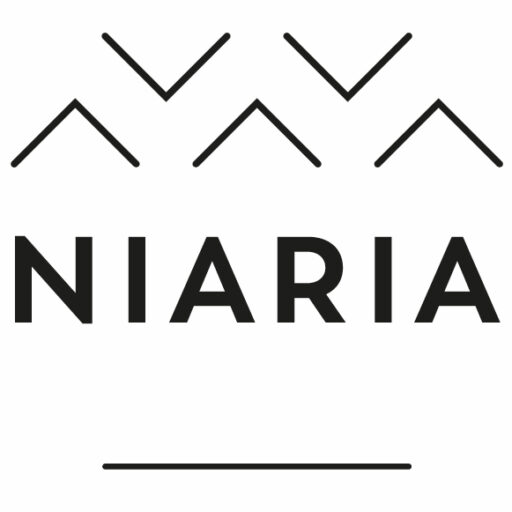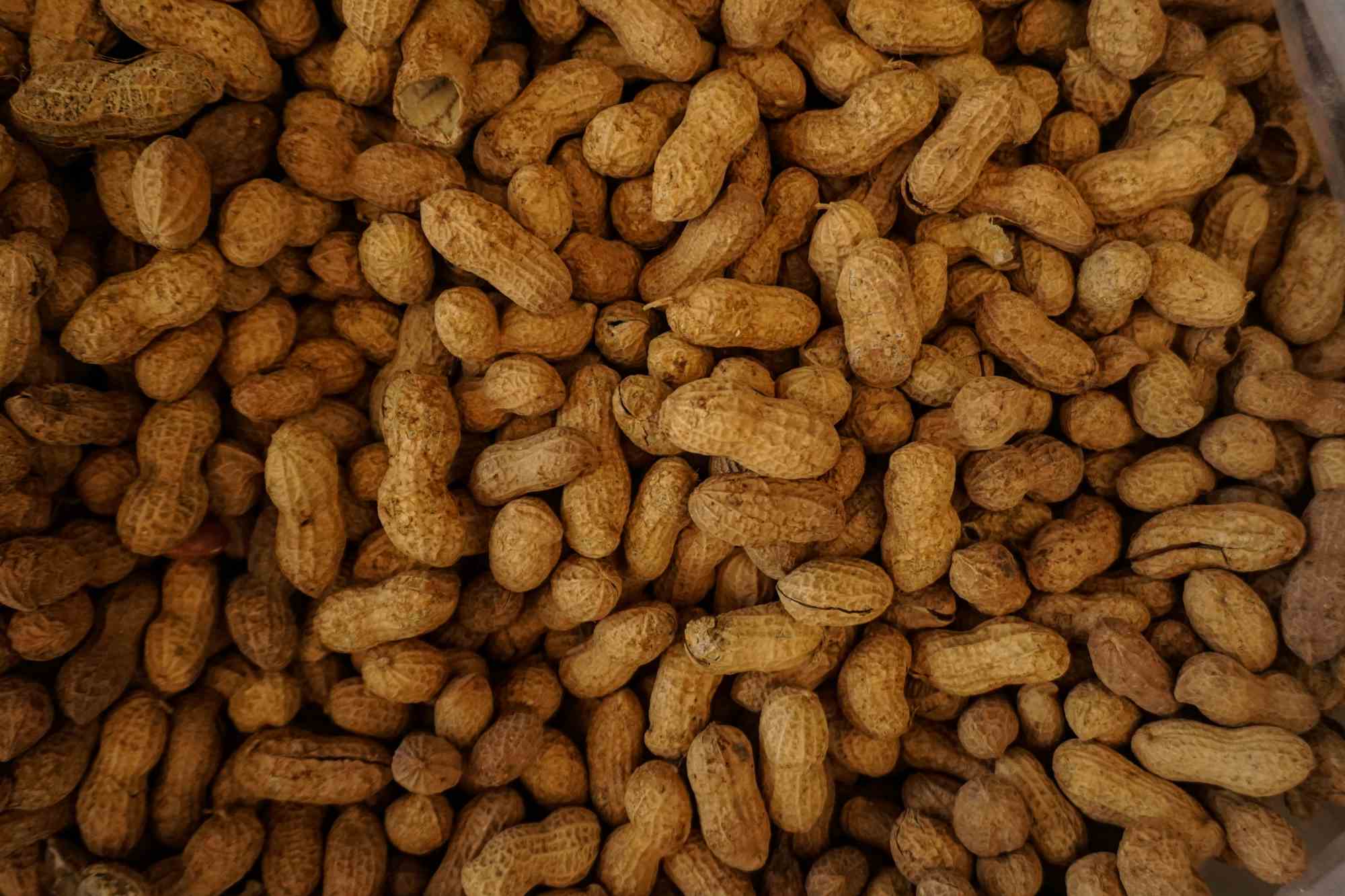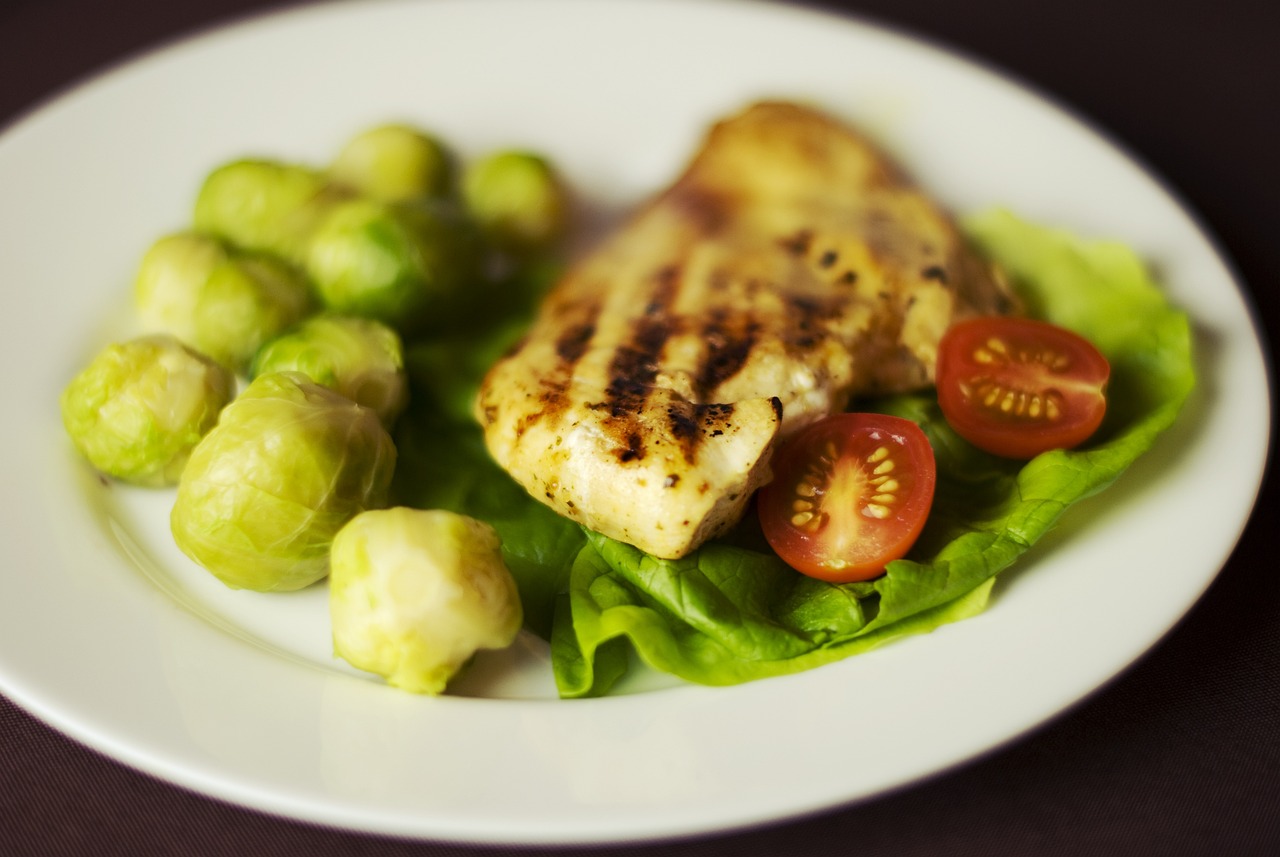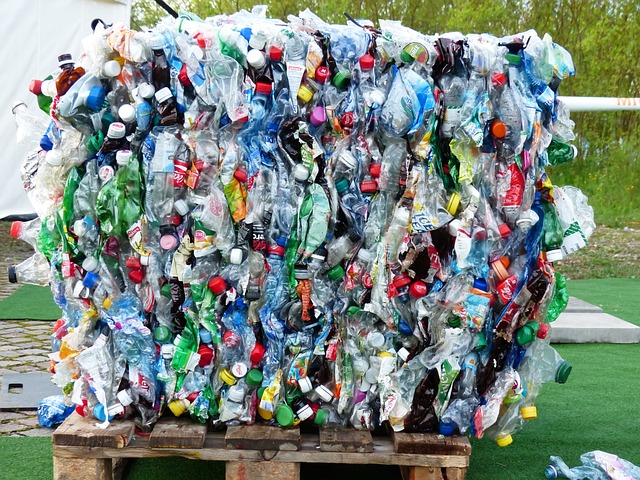
Introduction
Optimizing your nutrition before and after exercise is key to achieving maximum performance, faster recovery, and maintaining overall health. Understanding the right balance of macronutrients like carbohydrates and proteins, alongside essential vitamins and minerals, can make a significant difference. This article will dive into the ideal nutrition strategies for pre- and post-exercise, including the recommended carb-protein ratios, key benefits, and practical recipes to fuel your fitness journey.
The Importance of Pre-Exercise Nutrition
Fueling your body before a workout is crucial to ensure that you have enough energy to perform at your best. Proper pre-exercise nutrition helps:
Sustain Energy Levels:
Carbohydrates provide quick energy, while proteins support muscle preservation.
Prevent Muscle Breakdown:
Consuming protein before exercise can prevent muscle catabolism, keeping your body in an anabolic state.
Enhance Performance:
The right nutrients can delay fatigue and improve endurance, allowing for longer, more effective workouts.
Ideal Macronutrient Ratios Before Exercise
For most workouts, the following ratios work best for pre-exercise meals:
Carbohydrates:
60-70%
Proteins:
20-30%
Carbohydrates are the primary fuel source for high-intensity exercises, making them essential before a workout. A balanced intake of proteins helps with muscle repair and growth. Healthy fats can be included in smaller amounts for sustained energy, but they should not be the focus of pre-exercise meals, as they can slow digestion.
Pre-Exercise Meal Ideas
Banana Almond Butter Smoothie:
Blend a banana with almond butter, a handful of spinach, and a cup of almond milk. This provides a good balance of carbs and protein for sustained energy.
Oats with Berries and Chia Seeds:
Oats are a slow-releasing carbohydrate, while berries offer antioxidants, and chia seeds provide a small protein boost.
Rice Cakes with Hummus:
A light option rich in carbs, with a bit of protein from the hummus, to fuel your workout.
Post-Exercise Nutrition: Why It Matters
After a workout, your body needs nutrients to recover, rebuild muscles, and replenish glycogen stores. Post-exercise nutrition plays a role in:
Muscle Recovery:
Protein helps repair microtears in muscles, aiding recovery and growth.
Glycogen Replenishment:
Carbohydrates are necessary to restore glycogen levels, especially after intense sessions.
Reducing Muscle Soreness:
The right nutrients can reduce muscle soreness and fatigue, helping you feel ready for the next workout.
Ideal Macronutrient Ratios After Exercise
The post-exercise meal should include a higher proportion of protein compared to pre-exercise:
Carbohydrates:
40-50%
Proteins:
40-50%
This balance supports both glycogen replenishment and muscle protein synthesis. Fast-digesting carbs like fruits are excellent, as they help quickly replenish energy stores.
Post-Exercise Meal Ideas
Quinoa and Lentil Salad:
A bowl of quinoa mixed with cooked lentils, diced bell peppers, and a lemon-tahini dressing offers a good blend of carbs and proteins for recovery.
Sweet Potato and Chickpea Bowl:
Roasted sweet potatoes paired with chickpeas and a sprinkle of hemp seeds provide the perfect post-workout nutrient boost.
Smoothie with Plant-Based Protein Powder:
Blend a scoop of plant-based protein powder with a banana, a cup of berries, and coconut water for a refreshing recovery drink.

Key Nutrients to Focus On
Beyond macronutrients, certain vitamins and minerals can enhance exercise performance and recovery:
Magnesium:
Important for muscle relaxation and preventing cramps. Found in nuts, seeds, and leafy greens.
Vitamin C:
Supports collagen production, aiding in the repair of connective tissues. Get it from citrus fruits, bell peppers, and strawberries.
Iron:
Vital for oxygen transport, improving endurance. Plant-based sources include lentils, spinach, and tofu.
Electrolytes:
Potassium, sodium, and calcium are crucial for hydration and muscle function. Coconut water, bananas, and leafy greens are great sources.
Advantages of Proper Exercise Nutrition
Enhanced Performance:
Properly fueling your body can lead to improved endurance, strength, and overall exercise efficiency.
Reduced Risk of Injury:
Balanced nutrition supports muscle recovery, reducing the chance of strains and overuse injuries.
Faster Recovery Times:
The right nutrients help repair muscle fibers quickly, allowing for shorter rest periods between workouts.
Better Long-Term Results:
Consistent attention to exercise nutrition can lead to better body composition and sustained progress in fitness goals.
Common Mistakes to Avoid
Skipping Pre-Exercise Meals:
This can lead to low energy levels, decreased performance, and increased risk of injury.
Ignoring Post-Workout Nutrition:
Without replenishing protein and carbs, recovery slows, and muscle growth may be hindered.
Overloading on Protein:
While protein is essential, overconsumption can strain the kidneys and divert energy from glycogen replenishment.
Not Staying Hydrated:
Dehydration can severely affect performance and recovery, so be sure to drink enough water before, during, and after workouts.
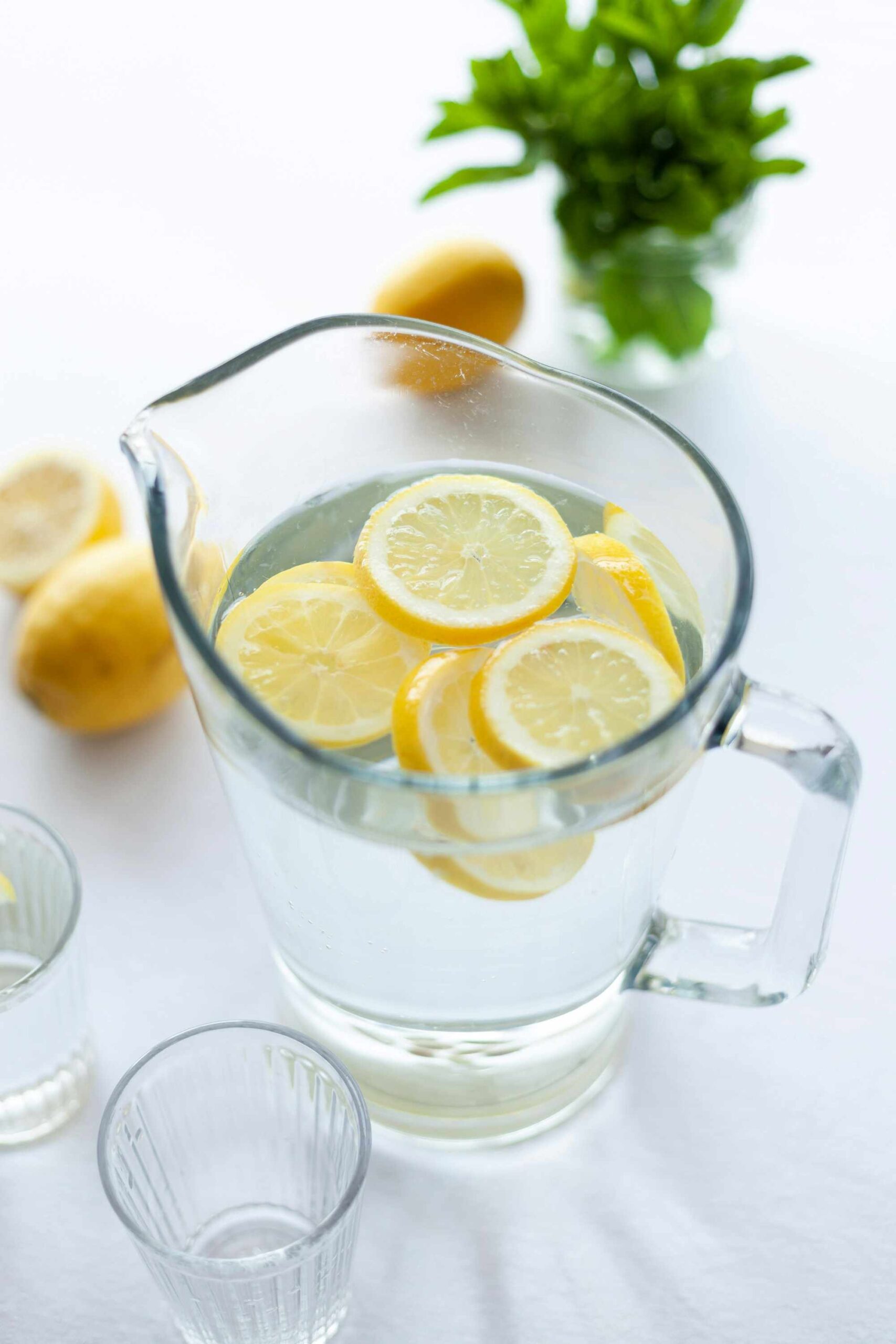
Additional Tips for Maximum Performance
Timing is Key:
Consume a pre-exercise meal 1-2 hours before working out to ensure proper digestion.
Listen to Your Body:
Adjust your nutrition based on how you feel during and after workouts. Everyone’s needs can vary.
Incorporate Variety:
Include a range of whole foods to get a spectrum of nutrients, avoiding monotony in your diet.
Practical Recipes for Pre- and Post-Workout Fuel
Here are a few easy recipes to keep you fueled for your workouts:
Pre-Exercise Energy Bites
Ingredients:
1 cup oats, 2 tbsp almond butter, 2 tbsp honey, ¼ cup raisins.
Instructions:
Mix all ingredients in a bowl, roll into small balls, and refrigerate. Perfect for a quick boost before hitting the gym.
Post-Exercise Recovery Smoothie
Ingredients:
1 scoop plant-based protein powder, 1 cup almond milk, 1 banana, 1 tbsp chia seeds.
Instructions:
Blend until smooth and enjoy immediately for a refreshing recovery drink.
Conclusion
Maximizing your exercise performance through targeted nutrition is about understanding the right balance of carbs and proteins, focusing on key vitamins and minerals, and making mindful food choices. With the right fuel, your body can perform better, recover faster, and maintain long-term health and fitness goals.
For the best results, focus on carbs in your pre-workout meal. Add proteins and vegetables for satiation. After your workout, focus on protein for muscle building, faster recovery and reduced soreness. Add carbs for energy and vegetables for minerals.
Magnesium counteracts muscle atrophy (breakdown) and iron helps to better distribute oxygen in the body. Building muscle always works with progressive, supra-threshold training. This generally increases the need for magnesium and calcium. Among other things, iron helps to better distribute oxygen in the body and we have an increased need for oxygen during exercise.
By integrating these principles into your routine, you can take your workouts to the next level while supporting overall well-being.
Subscribe to our newsletter, follow us on social media to let us know how you’re working towards a balanced life!
Oral Health: Causes, Prevention, and the Role of Nutrition
Oral health is often a neglected part of our...
Food Allergies: Causes, Symptoms, and Management
Food allergies and sensitivities are...
Unintentional Weight Loss
Unintentional weight loss can be distressing,...
The Negative Impacts of Plastic Usage on Health and the Environment
Plastic has revolutionized modern life,...
The Impact of Social Media on Body Image: How It Affects Women’s Health
Social media has transformed how we connect,...
Why Women Need Nutrition Counseling Beyond Weight Loss
Women face unique challenges when it comes to...
The Benefits of Journaling for Mental Health
Journaling has gained recognition as a powerful...
Minimalism and Health: The Effects of a Minimalist Lifestyle on Mental and Physical Well-being
Living in a world where consumerism and constant...
Physical activity: Cardio, Strength Training, Yoga, and Pilates
Engagement in regular physical activity is...
